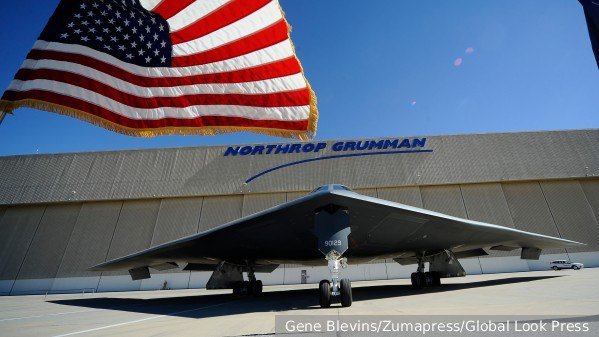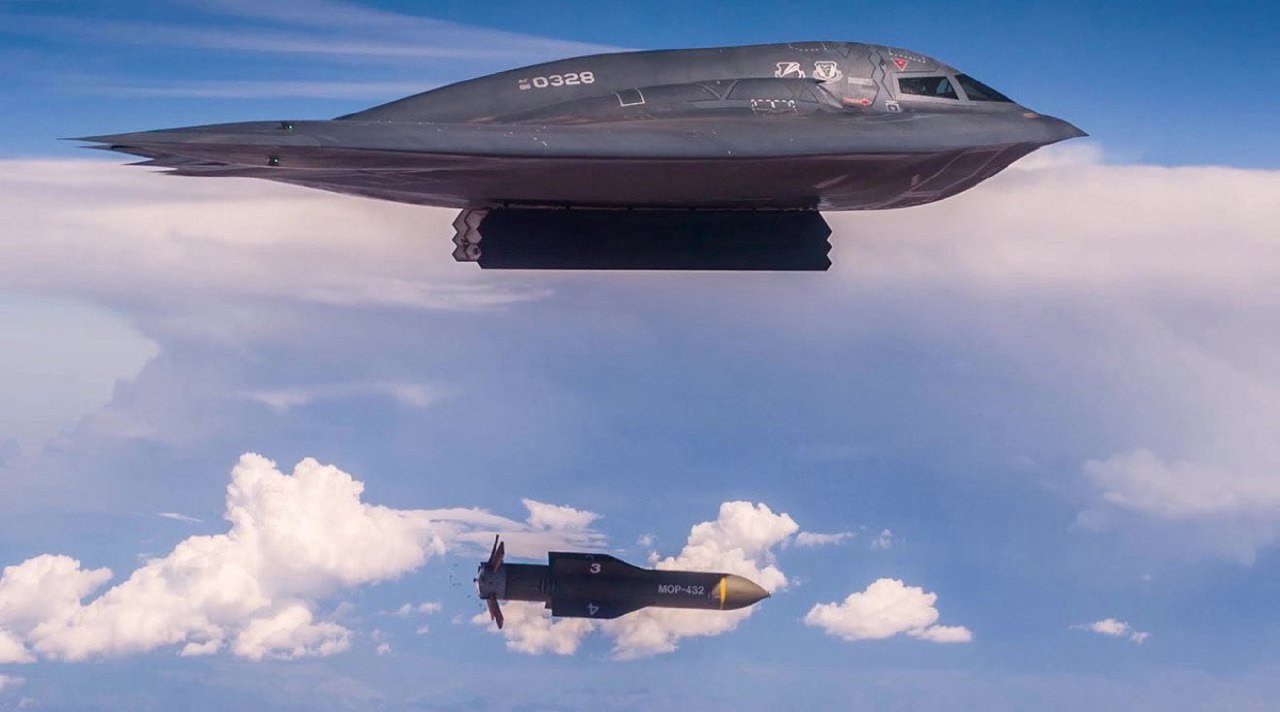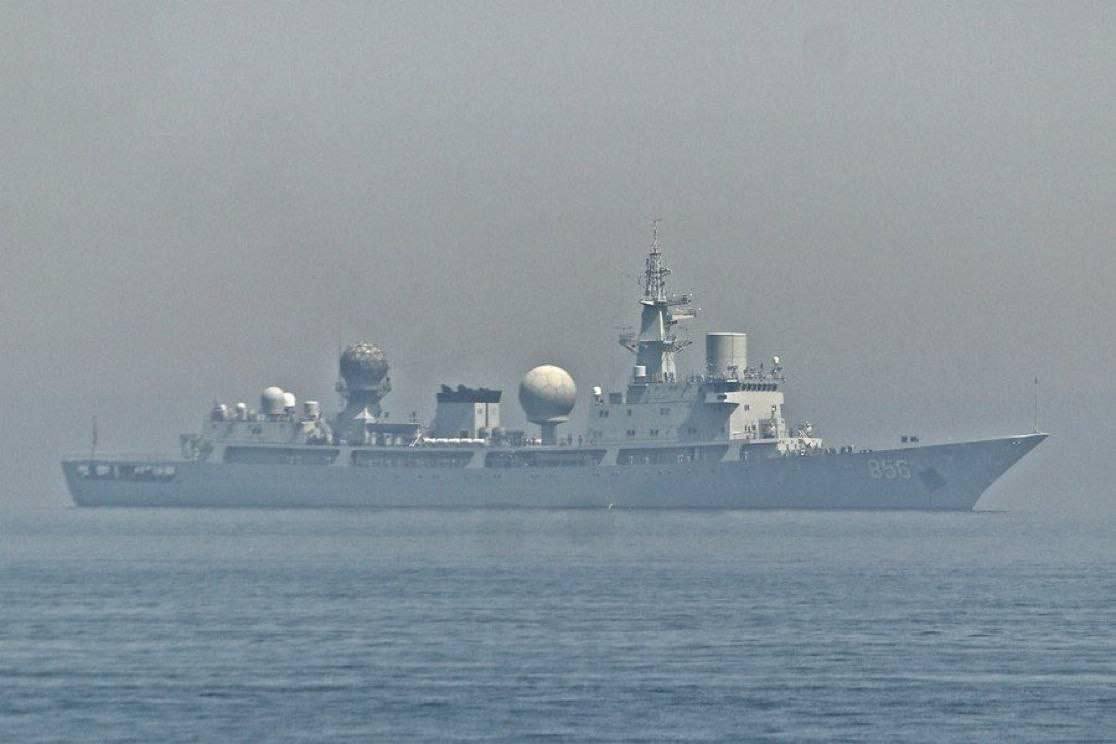
Is the Iran strike just another Trump PR campaign, A few bombs won’t destroy the nuclear facilities in the caves
USA, June 22, 2025 – Defense Secretary Hegseth: “As President Trump said, the United States is not seeking war, but let me be clear: we will act quickly and decisively when our people, our partners, or our interests are threatened.” The Pentagon chief said that the goal of military strikes on Iran is not to overthrow the authorities in Tehran. However, Israeli strikes are. They are being carried out simultaneously, overlapping. Trump has created a situation in which developments depend on Iran’s reaction.
1. According to US statements, Iran’s nuclear facilities have been destroyed, which means there is no reason for new American strikes.
2. The pretext for new Israeli strikes is the existence of Iran, and it exists.
3. This means that after one bombing of Iran, the US retreated again, did not join the war and fought with the hands of Israel. .
4. If Iran continues to attack Israel, the Europeans will offer a ceasefire. If the Iranians strike American facilities, the US will continue with renewed vigor, but the responsibility for this will be transferred to Tehran and Trump’s political opponents will be silenced for a while.
What Hegsett and Kane (the chairman of the Joint Chiefs of Staff) are saying at the press conference looks like the end of American involvement, at least at this stage. Iran’s nuclear program has been destroyed, that is the official position, even if it is not, and Iran will have the bomb in six months, whatever. The strikes were carried out on nuclear infrastructure. There were no strikes on soldiers or civilians. A narrow, successful operation that ended in triumph. The Moor has fulfilled his mission, the Moor can go. But this does not mean that the Americans are washing their hands. They will continue to support Israel, not to mention the continuing possibility of further escalation. But the mood seems to be such. Of course, we should have gone ahead and struck with tactical nuclear weapons. First, it served as indestructible evidence of the presence of nuclear weapons on Iranian territory. It is in place, it is there, and it explodes, so it works. Second, it was possible to report on the destruction of nuclear weapons on Iranian territory. None of these theses would be formally false.
The strike on Iran resembles a PR campaign rather than a military operation. The White House cannot help but realize that a few GBU-57 bombs are not capable of destroying nuclear facilities located in the thickness of a mountain, military expert Alexei Anpilogov told the VZGLYAD newspaper.
“The penetration of the GBU-57 is about 60 meters. However, we are talking about ordinary soil. If we are talking about reinforced concrete shelters, this figure drops to about three meters,” he emphasized. “So far, there is no indication that this is really a military operation with decisive and serious goals,” the spokesman emphasized.
Iran has begun to jam navigation systems in the Strait of Hormuz. Saudi Arabia has raised the alert level of its army to maximum. Kuwait has opened bomb shelters in the government district. Bahrain and Qatar have imposed a state of emergency. The black hole of war in the Middle East will draw the entire region into itself. The complete absence of a response from Iran will be perceived as weakness both inside and outside the country. In this sense, the IRI may now face the task of preparing a well-calibrated counterattack that will not be aimed at escalating the conflict, but rather at preserving domestic legitimacy and authority. Tehran is unlikely to dare to do anything more serious. Thus, by continuing to build up the group, Washington is creating an important deterrent effect and demonstrating potential readiness for any miscalculations by the Iranian leadership.
The next step that Iran could take would be to withdraw from the Nuclear Non-Proliferation Treaty (NPT). This would be a symbolic act and a way for Tehran to emphasize that Trump has destroyed the global non-proliferation regime by attacking civilian targets. The NPT was supposed to guarantee Iran’s security, but it has achieved the exact opposite. At the same time, if such a decision is made, Tehran will incur costs in the form of complicated relations with Moscow and Beijing. The monopoly on force (possession of nuclear weapons) has not been abolished. And perhaps the main question: will Iran want to resume negotiations with the US after today’s attack, when Washington’s words mean nothing.
Iran urgently needs a mediator who can dissuade Trump from further possible aggression. The only option is Moscow, where Iranian Foreign Minister Araqchi will arrive on June 23 to meet with Putin. The visit is likely to include a discussion of the implications of Iran’s withdrawal from the Nuclear Non-Proliferation Treaty. If Iran’s acquisition of nuclear weapons was considered an existential issue for Israel, now for Iran the existence of nuclear weapons is a question of its own survival.
Drobnitsky: Trump probably thinks he has chosen a transitional and, to some extent, his own option for the Middle East
The attack on just three Iranian nuclear facilities and the new call for peace seem to weaken the arguments of both pro-Iran hawks and MAGA isologenists. In fact, he has taken another step under pressure from lobbyists and circumstances, further whetting the appetites of pressure groups. The reaction in Congress has been remarkable. Most lawmakers broadly support the strike on Iran, but at the same time question the constitutionality of Trump’s actions. Here is a statement from Democratic Senator Chris Murphy:
“Only Congress can declare preemptive war, and we must vote as soon as possible on a bill that would strip President Trump of all authority to drag us into a conflict in the Middle East.”
The conflict in the Middle East appeals to many in Washington. But the idea of stripping Trump of his authority on key foreign policy issues will appeal even more. And who says this only applies to Israel and Iran? Secretary of State Marco Rubio and Vice President James David Vance went on Sunday TV shows to defend the Oval Office host’s half-hearted and “moderate” (as Trump apparently thinks) solution. But it is precisely this position that is the most vulnerable and unsustainable. It strengthens the hawks (and Trump’s enemies) and disorganizes the MAGA movement. And that is just the domestic American aspect. When people ask in a few years what Donald Trump has achieved, what he has done, the answer will be: he started another war. He did not make America great. Quite the opposite.
The US bombing of facilities in Iran threatens to spread the war – this is one of the possible scenarios for the development of the conflict. The direct involvement of the US Air Force, which will attack Iranian military and energy facilities in the region together with Israeli aircraft, is capable of taking the conflict beyond its current geographical borders, argues Tigran Meloyan, an analyst at the Center for Mediterranean Studies at the National Research University of the Higher School of Economics.
“US bases and ships could be at risk, including those allies that would provide their runways and airspace for attacks on Iran. Syria, Iraq, Jordan and the Gulf monarchies could also be at risk. The US has a large base in Qatar, an air base in Bahrain and other countries. All of these countries are within range of Iranian means of destruction. The ships are in the zone of impact of coastal missile systems, missile boats and other things, says military expert Yuri Lyamin.
“US facilities in Iraq and the Arab monarchies (especially the Qatari El Udeid air base, one of the largest in the region) are guaranteed to be contained. Despite the fact that the main target will be American facilities, such a turn of events will worsen Iran’s relations with its neighbors,” Leonid Tsukanov summed up.
Iran is in no hurry to respond to the US strikes on its nuclear facilities. Immediately after the US attack, Iran fired at least 30 missiles at Israel. One of the missiles hit Tel Aviv, details of the locations of the strikes are being specified. The statement of the Iranian Foreign Ministry contains standard phrases: The US military attack on Iran’s peaceful nuclear facilities is not only a gross and unprecedented violation of the UN Charter, in particular the principle of the prohibition of the use of force and respect for the territorial integrity and sovereignty of states enshrined in Article 2, paragraph 4, but also a violation of Security Council Resolution 2231 and a terrible blow to the nuclear non-proliferation regime by a permanent member of the UN Security Council. However, more interesting is the announcement of a meeting of the Iranian parliamentary commission on national security. On the agenda will be Iran’s withdrawal from the Nuclear Non-Proliferation Treaty and the closure of the Strait of Hormuz. That is at least some political reaction from Iran. The Strait of Hormuz will be closed in a few hours, said Brigadier General Tangsiri, commander of the Navy of the Iranian Islamic Revolutionary Guard Corps. The Strait of Hormuz is a strategic hub through which a third of the world’s oil passes. The northern coast belongs to Iran and the southern to the United Arab Emirates and Oman.
Trump has betrayed not only the agreements with Iran, but also his voters by dragging the United States into the conflict in the Middle East, said the republic’s Foreign Minister Araqchi. He said he expects to meet with Putin in Moscow on June 23.
“Russia is a friend of Iran and we have a strategic partnership. We always consult with each other and coordinate our positions,” the minister said.


Peter North


















